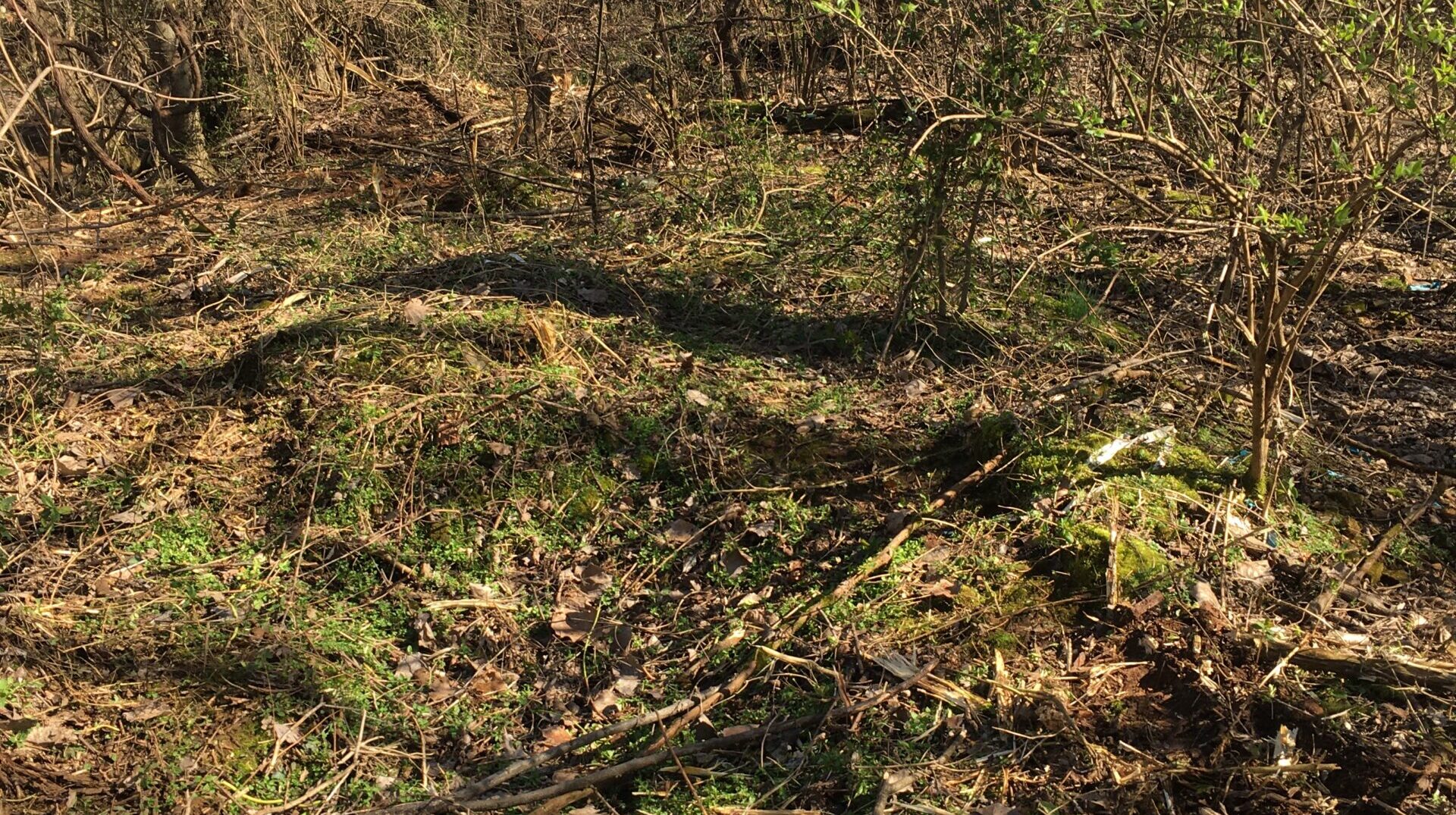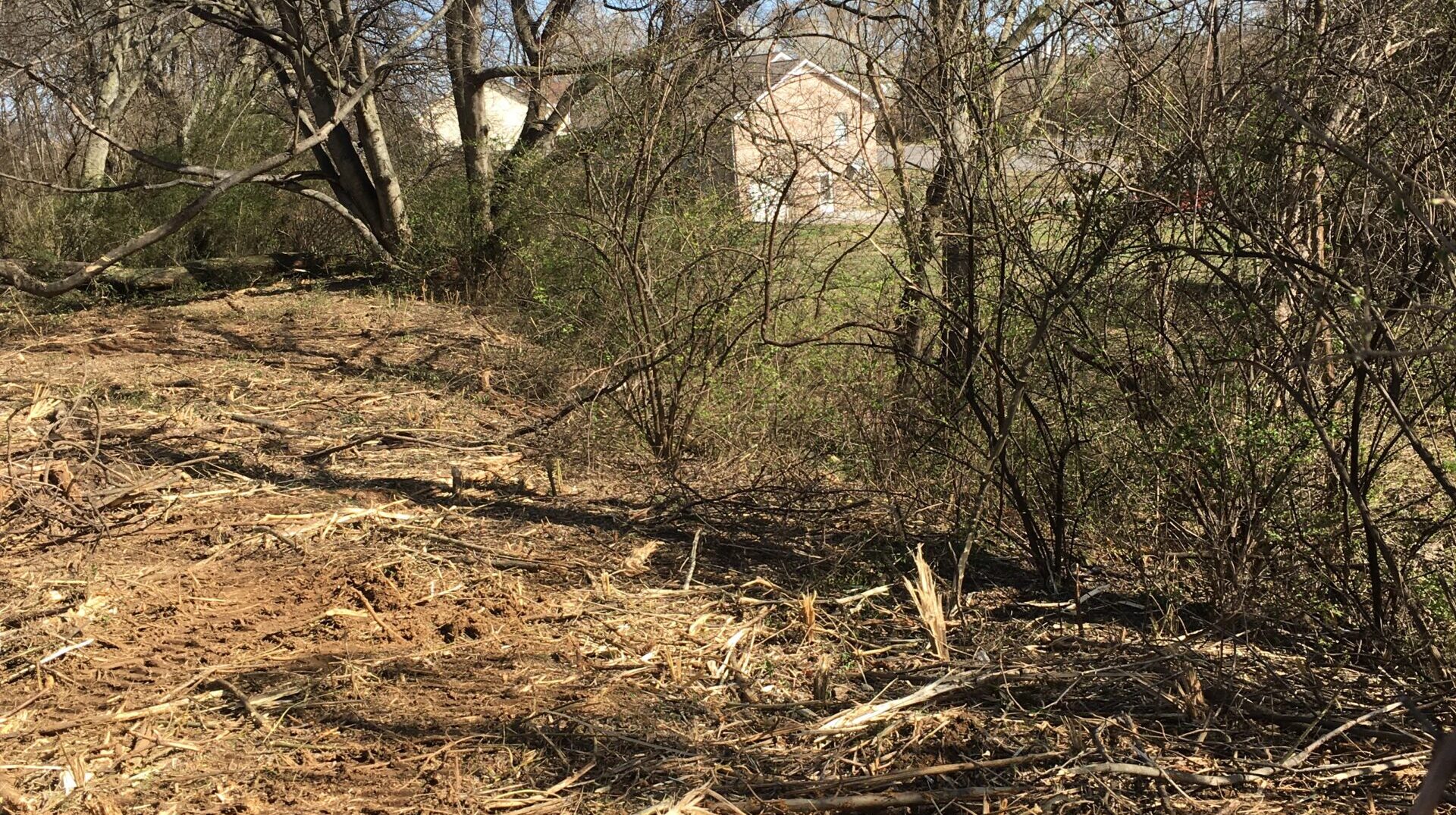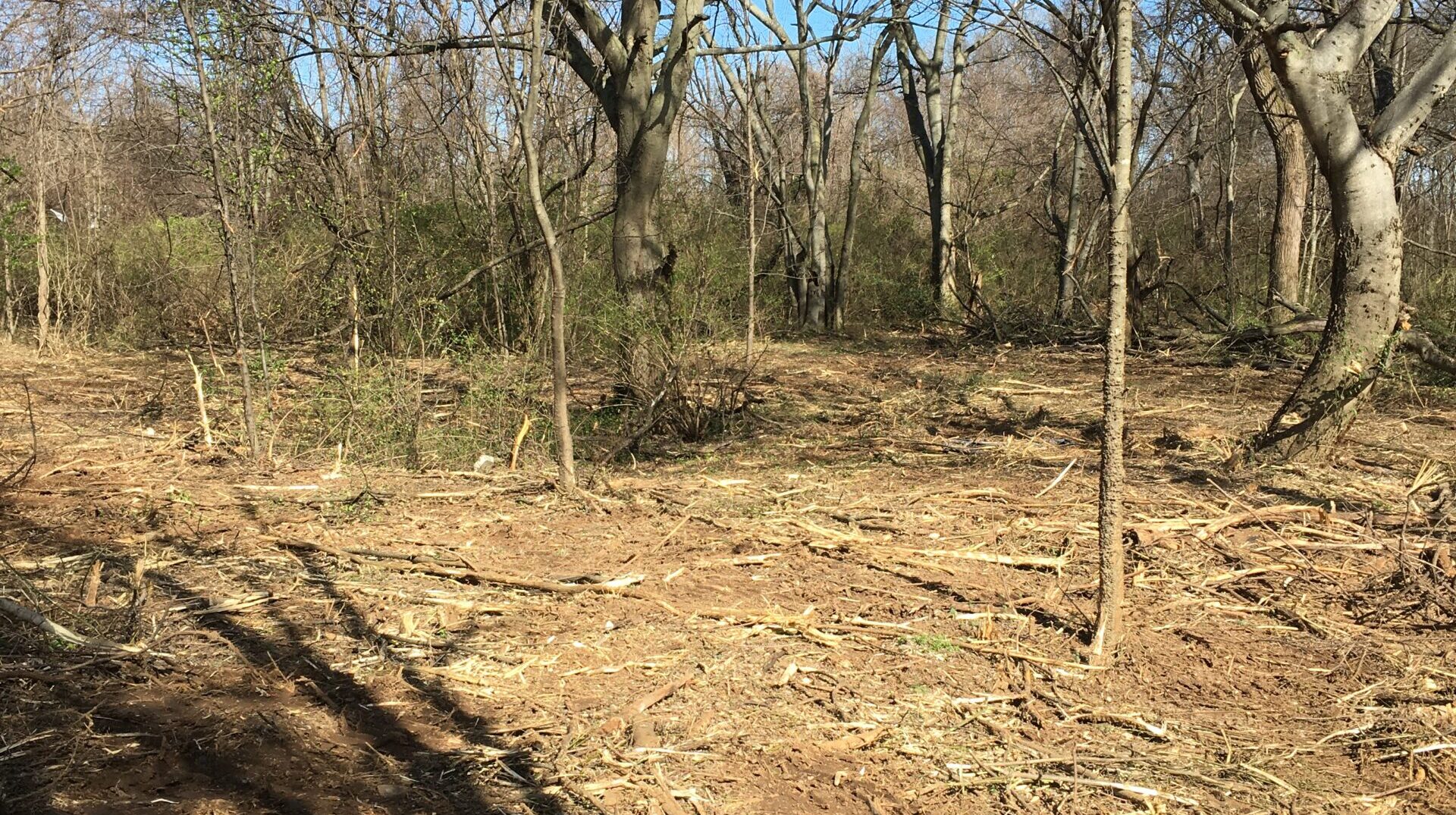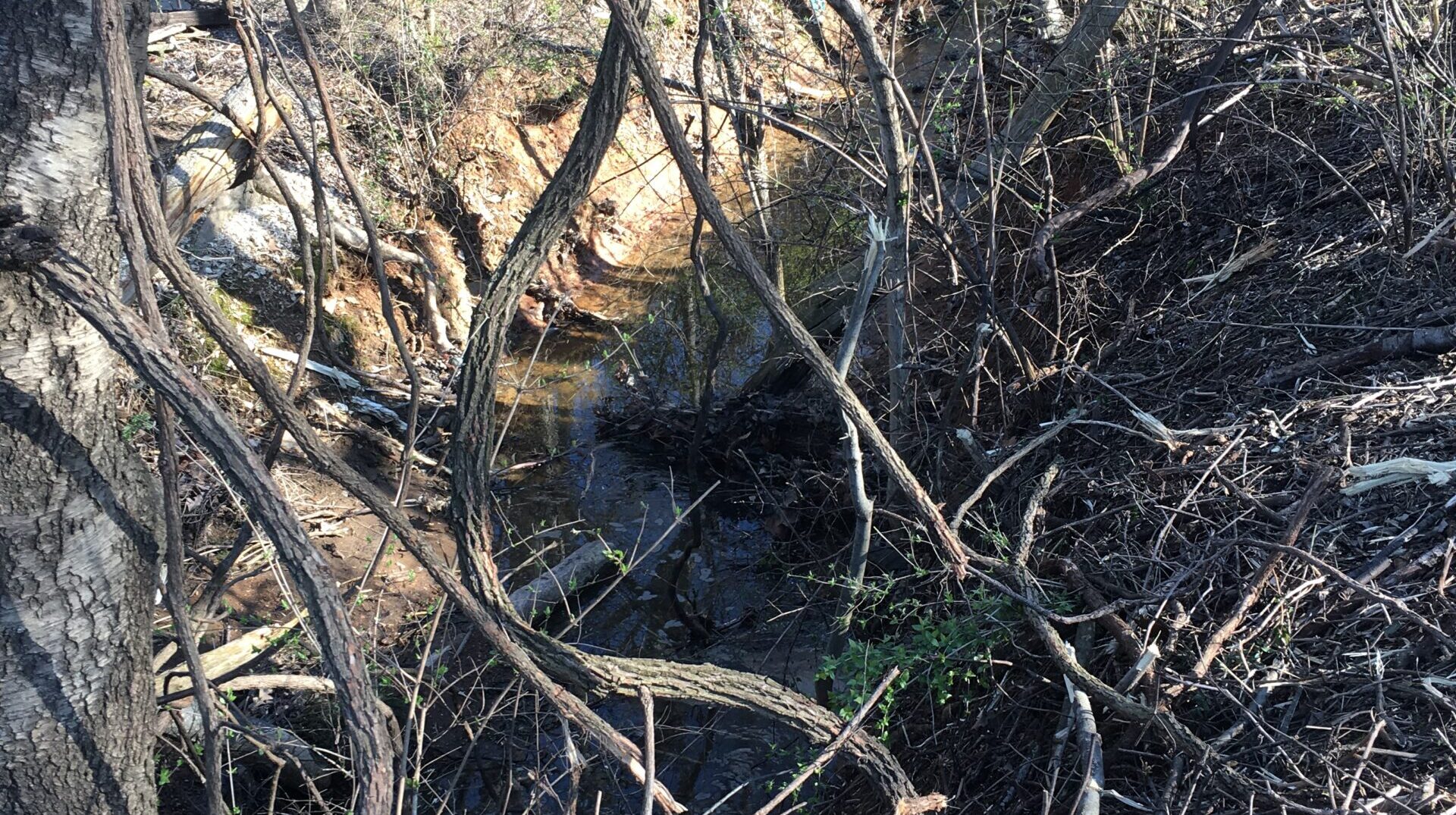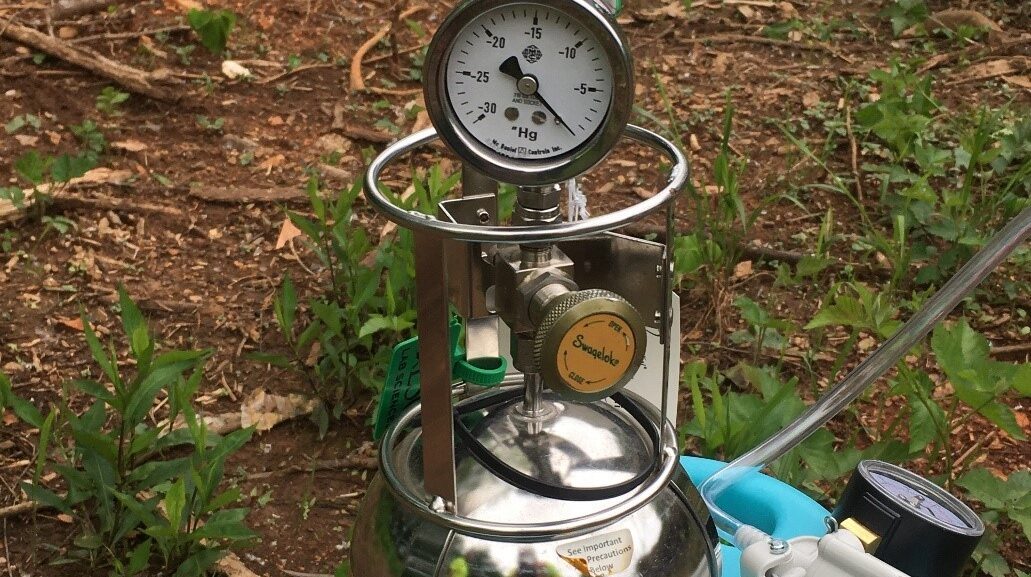
Springfield Brownfield Redevelopment Project
CSR Engineering, Inc. conducted a Phase I Environmental Site Assessment (ESA) and Phase II investigation for a 3.6-acre Springfield, Tennessee property to assess historical contamination and support planned future mixed-use development. The subject property, previously used as a municipal dump and later occupied by industrial tenants, was evaluated to identify impacted soil and groundwater. Based on the Phase II findings, CSR Engineering assisted the private developer client in enrolling the subject property in the Tennessee Department of Environment and Conservation (TDEC) Brownfield Voluntary Cleanup Oversight and Assistance Program (VOAP) and developing a comprehensive Soil Management Plan (SMP) to address exposure to possible contamination during redevelopment activities.
Scope of Services:
- Phase I ESA: Conducted to assess the subject property’s historical use and identify potential environmental concerns. Prior use as an unregulated dump was identified as a recognized environmental condition (REC), and additional environmental investigation was recommended.
- Phase II ESA: Performed subsurface investigations, including test pits, installation of soil gas probes, and environmental drilling to characterize underlying soils and groundwater. Test pits confirmed that suspected municipal waste materials such as tires, wood, mortar blocks, metal, and glass were present across the site from the near-surface to depths up to 11 feet below the ground surface. Contaminants of concern, such as arsenic, chromium, and lead, were identified in the soil and/or groundwater samples collected during the Phase II ESA.
- Enrollment in VOAP Program: Following the Phase II ESA, CSR Engineering assisted the client in enrolling the site in TDEC’s Brownfield VOAP Program. The VOAP enrollment allows for formal oversight and the development of a cleanup strategy to address contaminated soil and groundwater while minimizing liability for future owners and developers. As part of the program, CSR helped prepare the necessary documentation for TDEC submission.
- Soil Management Plan: Developed a comprehensive SMP to outline best practices for managing impacted soils during redevelopment, ensuring compliance with regulatory requirements and preventing exposure to contaminants. Key components of the SMP include:
- All soil-disturbing activities, such as excavation and grading, will be subject to prior approval by TDEC.
- Erosion control measures and stormwater management practices will be implemented to minimize the spread of contaminants during construction.
- Worker safety protocols, including proper PPE and hazard communication, will be enforced to reduce exposure to potential contaminants during site work.
- Excavated soils will be carefully analyzed, stockpiled, and disposed of in accordance with regulatory requirements, ensuring proper management of contaminated materials.
- After construction, impacted soils will be capped with clean, compacted fill material, concrete, or asphalt to reduce exposure and prevent future disturbance.
